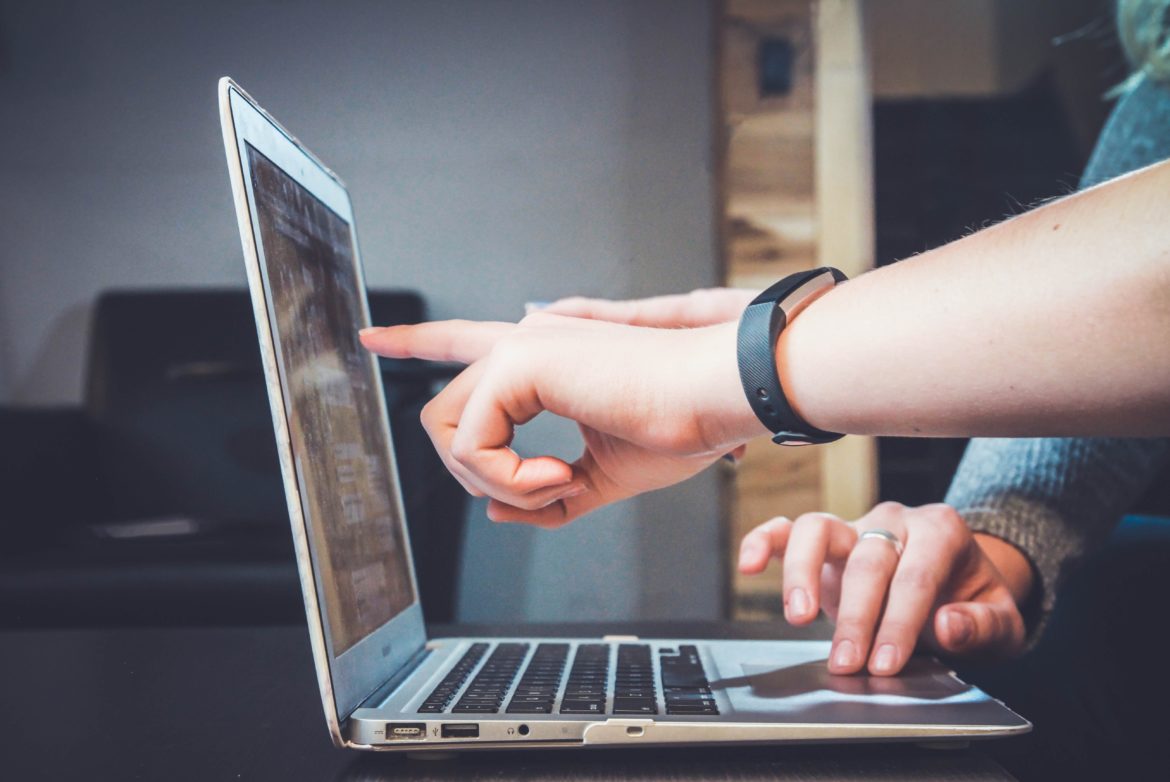Ways the business will change during and after COVID-19
The coronavirus crisis may seem to be a major threat to businesses and jobs as well as to health, but in reality digital marketing can take great strides as a result.
Major events that affect the entire population can change lives; It has no effect on duration but serves as a catalyst for later significant changes.
This is a remarkable life-recognition reality from the 20th century; World War I saw social changes like universal suffrage. Secondly there has been a strong consensus for over 30 years with the establishment of the NHS and the new social and economic model.
Many speculate whether the coronavirus epidemic will change in the same way as social attitudes, lifestyle and how people work and shop.
How does online work keep some companies going?
The central problem becomes the economy as the UK and other countries emerge from the state of emergency. If recession is inevitable, the government’s actions to keep the economy under suspended animation mean that, at the right time, people will be able to return to their jobs and companies and start recovery.
This is far from the whole story; In addition to the companies that have to keep staff on the ‘Furlough’ scheme, those who can get out of work – such as home staffing companies – and those who have actually gotten out of the crisis, such as supermarkets and takeaways, are online retailers.
There is a significant difference between companies that rely on staff and services – from pubs to airlines – to market, communicate and do business online.
What this has done is show how few companies are capable of the latter. Most importantly, what has transformed is how well they adapt to doing so now. This is a range they have never set themselves up for before.
Clearly remote working has its advantages:
- It maintains business continuity when the work area is not in use / accessible for any reason.
- This gives staff the flexibility to stay at home for a day, such as waiting for delivery or having an appointment.
- This means that any sick staff (not just the coronavirus) can work alone from their co-workers and pass on their bugs to them.
- It brings environmental benefits from less travel.
All of this requires staff to be more IT-literate and some staff to become more efficient by using IT and the Web.
The use of remote acting does not just apply to the workplace, however, it has been found that an increasing number of people apply equally to their lives:
- Ordering online shopping online is a practical alternative to venture outside and endure long queues in busy supermarkets.
- Essential goods and services can be purchased online, which can keep busy e-commerce companies.
- The internet can provide entertainment resources, some are not available.
- The Internet – especially social media – is a tool to keep in touch with friends and family who cannot visit in person.
How can marketers respond in the short term?
If ever there was a time for digital marketing to take off, it was now. Thousands of billboards are now standing beside empty streets, fewer are looking for newspapers and no one is running.
During this time, people are more likely to see ads or interact with content marketing blogs online and for a long time.
There are some clear goals that digital marketers can focus on, and now there is a greater demand for more goods:
Social Media – It’s all important to maintain links
Websites with sport-related content, popular in the absence of live sports
Emphasis on ethics – companies that help in other ways, such as retaining staff and paying suppliers or supporting food banks, can highlight this in content marketing, while others do not.
All these focus on key changes that have resulted from the crisis. Buyer personality sellers need to consider this change specifically to suit their needs, which is common for many as they adopt almost the same lifestyle. The key is to market goods and services as a solution to this specific need.
What legacy does it bring?
In fact, the initial reaction when lifting sanctions was to jump offline and do things they could not do before – visiting friends and family, visiting museums and theaters, returning to pubs, restaurants, playgrounds, places of worship, gyms and libraries. However, marketers need to be aware that recovery is gradual, rather than a strong rebound by most economists.
This means that the aforementioned marketing strategies applicable to the crisis are obsolete.
However, for many, the Internet has become increasingly used to shopping, gaming, staying in touch and other activities.
In addition, consumers can emerge from the crisis with very different priorities, values and attitudes – all of which affect how they want to spend their time and money.
For these reasons, it is important for researchers to investigate how consumer habits change. The rise of ecommerce and the use of the Internet is already a major feature of life and economics, but this crisis serves to accelerate that growth.
This means that the importance of digital marketing, which is already crucial for smaller companies, has brought about a weak return on traditional marketing investment.
As the world grows digital, so too will marketing. What marketers need to do is to respond to a different, post-pandemic world with updated strategies and buyer personality.
We help organizations in the long run to help companies develop digital marketing strategies tailored to their customers and their customer bases. This includes updating and upgrading strategies to help adjust to changing customer demands.

